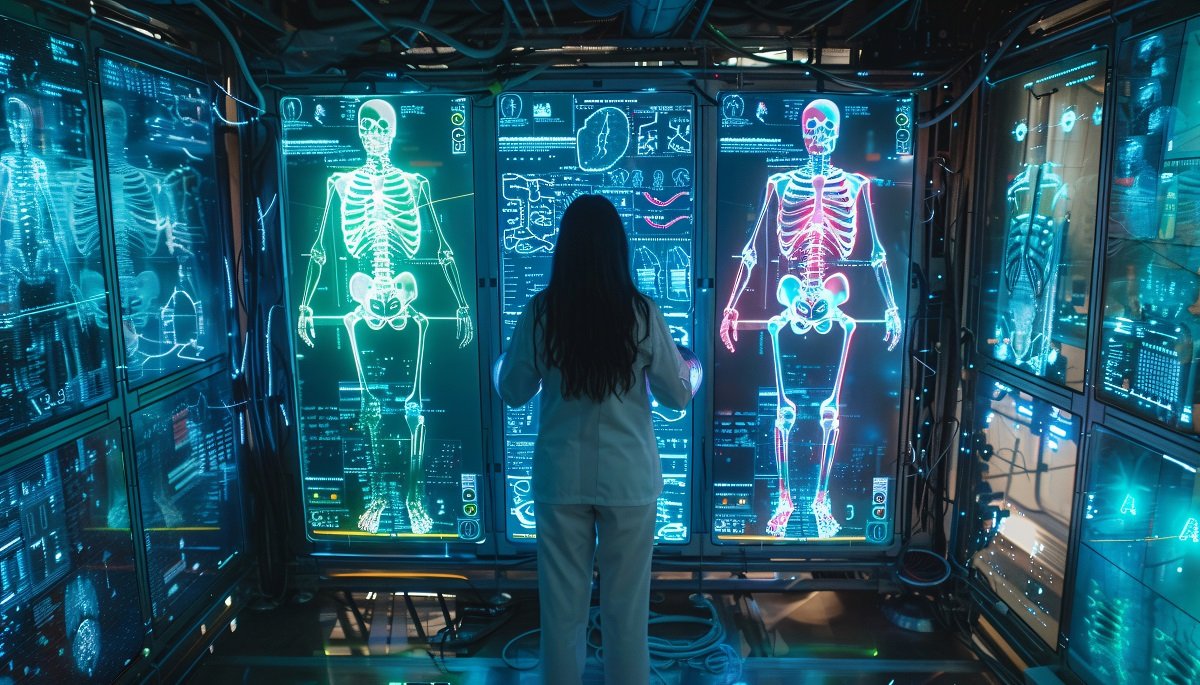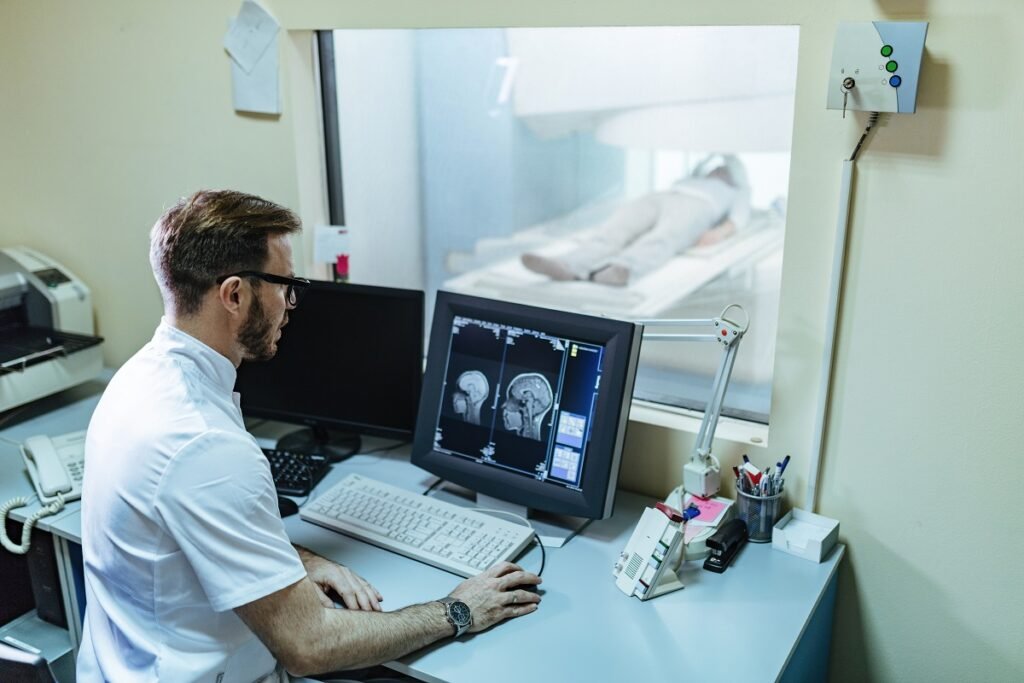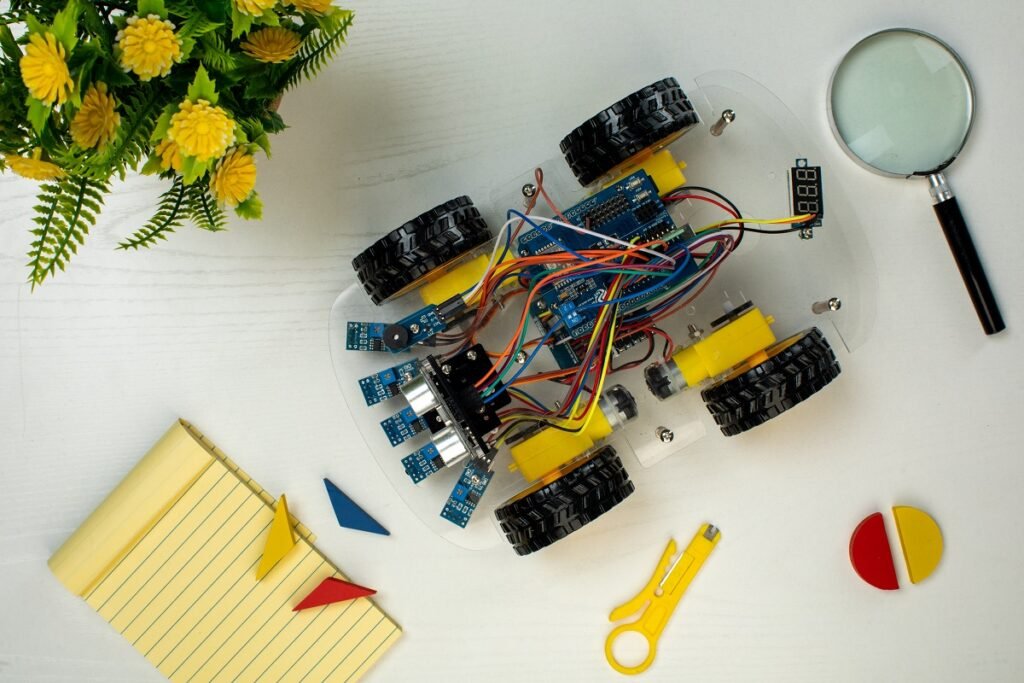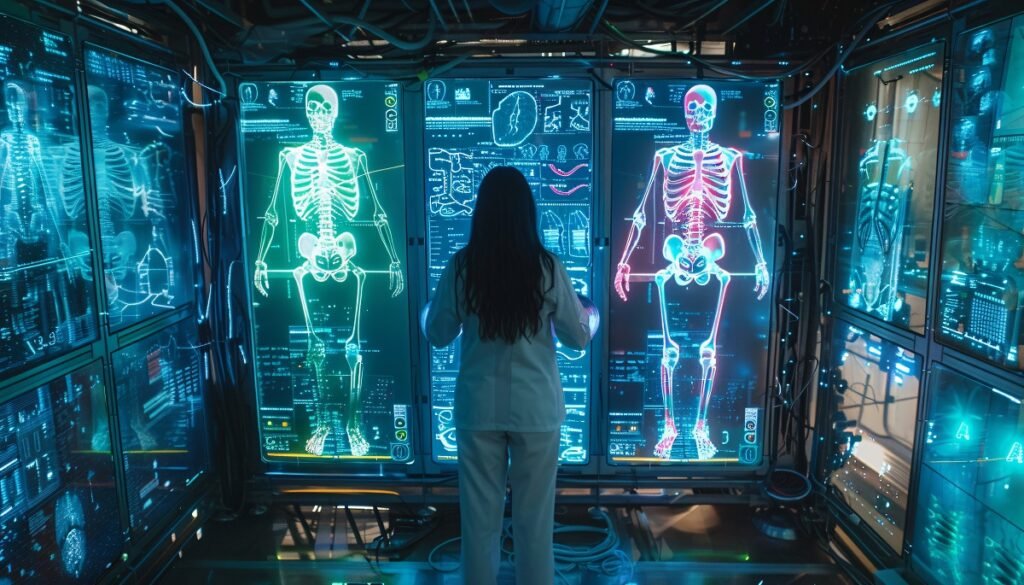Artificial Intelligence Death Calculator: Can AI Really Predict Mortality?

Artificial intelligence (AI) is making great strides in the field of predictive technology, but one of the controversial areas it is entering is mortality prediction. So the question is whether AI-powered tools can accurately predict when a person will die. This ambitious application, often referred to as an Artificial Intelligence Death Calculator, It uses a combination of complex algorithms, large amounts of data, and machine learning to try to estimate life expectancy. But how reliable are these predictions? And how does this affect personal and ethical boundaries?
What is an Artificial Intelligence Death Calculator?
An AI mortality prediction calculator is a type of predictive technology that predicts an individual’s life expectancy based on input data about health, genetics, and lifestyle factors. These calculators work based on machine learning algorithms that compare an individual’s data to a large dataset on human mortality.
Several examples of AI-powered death prediction tools use AI technology to provide personalized predictions. While many of these tools are experimental and still in the early stages of development, some attempt to provide general predictions about life expectancy. Whether for health awareness or research, these tools are becoming increasingly common as AI technology advances.

The Role of Data in Mortality Predictions
Data is the foundation of AI-based mortality prediction. These calculators typically collect data on a variety of factors, including:
- Health Data: Medical history, chronic diseases and general physical health.
- Lifestyle Information: Habits such as smoking, exercise and dietary preferences.
- Demographics: age, gender, socioeconomic background and even geographic location.
Through big data analysis, AI can find patterns and correlations between lifestyle factors and mortality. However, the sensitive nature of this data makes privacy and security a major concern, especially since more personal information is needed to make accurate predictions.
How Do Artificial Intelligence Death Calculators Work?
The AI death calculator functionality is based on sophisticated algorithms and machine learning. Here is how it generally works:
- Data Collection and Analysis:AI collects data from a variety of sources, including medical records, wearable health devices, and user input, and compares it to broader health data sets.
- Pattern Recognition: AI uses machine learning to identify correlations between various health factors and mortality patterns.
- Prediction Output:AI generates mortality estimates based on data analysis. This is usually expressed as a percentage or a time period.
While these predictions are interesting, it is important to remember that they are not absolute. Factors such as unforeseen events and rapid advances in medicine can affect the reliability of these predictions.
Online Artificial Intelligence Death Calculators
Online calculators provide users with the convenient ability to predict mortality rates with just a few clicks. These platforms typically collect basic data such as age, sex, and health habits to generate life expectancy predictions. Popular among curious users, online AI mortality calculators have made this concept more accessible, but there are notable differences from professional prediction tools.
While online AI calculators are accessible and easy to use, they tend to have limited accuracy. Results are often more general and do not replace comprehensive tools that medical professionals might use in clinical practice.

Free Artificial Intelligence Death Calculators
Free AI death calculators are widely used and attract users because they are easily accessible and free of charge. However, they have advantages and limitations.
- Accessibility:Free tools are popular for satisfying general curiosity, but they often require fewer data points to input, limiting the accuracy of their predictions.
- Limited Precision:Due to underlying algorithms and lack of data, free calculators may only provide rough estimates of life expectancy.
- Lack of Depth:Compared to paid and professional tools, free calculators often lack customization and deeper insights, which impacts the reliability of their predictions.
- For those seriously considering predicting mortality, free tools can provide a rough estimate, but they cannot replace more data-driven and medically validated tools.
Artificial Intelligence Death Calculator Apps
With the rise of AI-based health apps, mortality calculators have entered the mobile world, putting predictions at users’ fingertips. These apps work similarly to online calculators, but with more useful features such as daily reminders, personalized feedback, and compatibility with wearable health devices.
These apps bring mortality prediction into everyday life, but they also come with ethical considerations. Users must be careful when interpreting the app’s predictions, which may not reflect their individual medical complexity. Additionally, privacy remains a key concern, as app-based calculators often require users to share sensitive health data.
Can AI Accurately Predict Mortality?
When it comes to mortality prediction, accuracy is the biggest problem. While current technology is promising, it is not perfect.
- Current Accuracy Levels: Many AI mortality calculators have been reported to achieve approximate predictions, with some reaching accuracy levels of 70-80% under controlled conditions. However, even small inaccuracies can lead to large discrepancies.
- Challenges in Accuracy: Factors such as unexpected changes in health, rare diseases and environmental influences can significantly affect predictions.
- Case Studies:The success of some AI tools in medical research and preventative care suggests that while not perfect, these tools have potential.
The debate over whether AI can accurately predict death revolves around the complexity of human life, which is influenced by both predictable and unpredictable variables.
The Ethical Debate: Should AI Predict Mortality?
Mortality reenactments raise serious questions about etiquette. Here’s a look at some of the debates on the tee:
- Psychological Impact:Life expectancy estimates can have a significant impact on a person’s mental health, leading to anxiety and fatalism.
- Data Sensitivity: The types of data used in these calculations are sensitive and improper handling may lead to privacy violations.
- Arguments For and Against: While some argue that AI-based mortality predictions can be useful for preventive medicine, others warn that such predictions should be avoided to avoid ethical issues.
The Impact of AI Death Calculators on Healthcare
When used responsibly, AI-based mortality prediction holds great promise in healthcare.
- Preventive Medicine: AI predictions can support early intervention by alerting people to health risks.
- Healthcare Efficiency: Providing predictions allows healthcare providers to prioritize care for high-risk patients.
- Transformative Potential: As technology advances, AI-based death prediction tools will become available in medical settings, potentially ushering in a new era of health monitoring.
Future of AI in Mortality Predictions
As technology and medical knowledge evolve, the future of AI-based mortality prediction looks promising.
- Advances in Technology:With more advanced algorithms and better data sets, predictions can become more accurate.
- New Possibilities:AI has the potential to be integrated into routine healthcare as a preventative tool for regular health monitoring.
- Future Challenges:Balancing technology, ethics and privacy will continue to be important.
Conclusion
AI-powered mortality calculators offer an interesting and complex glimpse into the future of mortality prediction. While the technology is not perfect and involves ethical dilemmas, it has great potential in the medical field. When considering these tools further, it is important to weigh the benefits of proactive insight against the importance of ethical and personal boundaries.
For More interesting content Visit Fewwires .










